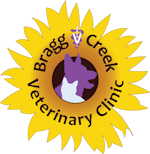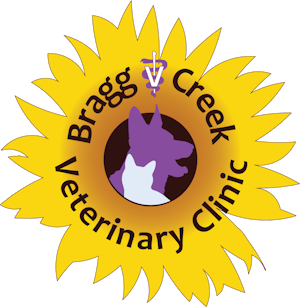As is the case with human medicine, an ounce of prevention is worth a pound of cure for your furry family member.
Just like with humans, it is important to monitor health and wellness of your pet on a regular basis. Animals of all ages need to have their health checked for different reasons.
Young animals need health checks to rule out issues they were born with or have developed early. They also need a healthy diet and activity recommendations and rigorous preventative care including vaccines and anti-parasitic medication to prevent serious diseases like parvovirus, canine distemper, and severe intestinal worm burdens, respectively.
Adult and geriatric (older) animals require routine health checks to prevent illness and/or catch it early. They will also need preventative care as well, especially as they are part of the family and may be travelling with you, going to kennels, meeting new dogs at the park, or engaging in countless other escapades that might predispose them to contracting communicable diseases and parasites.
As animals age, they may also need support to ensure a continued excellent quality of life. Age-related issues such as obesity, arthritis, diabetes, thyroid-hormone issues, among others may need ongoing management.
Annual wellness exams that include a thorough and complete physical examination, potential diagnostics including blood work and/or x-rays if indicated, routine vaccination, and parasite prevention can ensure your pet is as healthy as possible.
This helps avoid costly vet bills through early detection and treatment of many issues involving your pets health. The team at Bragg Creek Vet Clinic would love to help you maintain your beloved pet’s optimal health to ensure their best quality of life.

